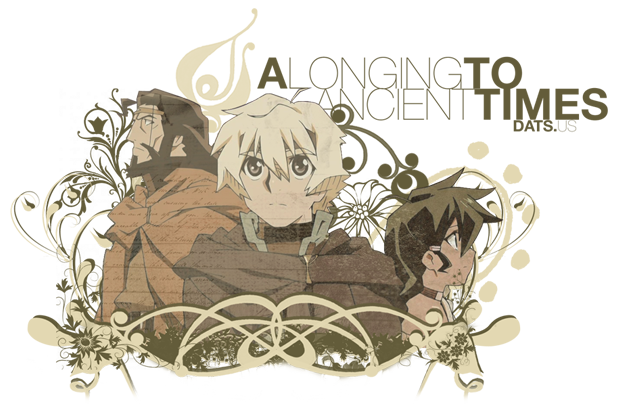[Japanese] Long vowels question
Woo... a question that's kinda bugged me off and on throughout my year of Japanese.
When we learned how to extend vowels, we learned the hiragana way:
ああ
えい
いい
おう
うう
And then in katakana, you just add a ー after the vowel
アー
エー
イー
オー
ウー
However, I've seen people use the small つ/ツ after a vowel, seeming indicating an extended vowel.
So my question simply is... when would you use っ and ッ and when would you use the "normal" system?
Woo... a question that's kinda bugged me off and on throughout my year of Japanese.
When we learned how to extend vowels, we learned the hiragana way:
ああ
えい
いい
おう
うう
And then in katakana, you just add a ー after the vowel
アー
エー
イー
オー
ウー
However, I've seen people use the small つ/ツ after a vowel, seeming indicating an extended vowel.
So my question simply is... when would you use っ and ッ and when would you use the "normal" system?
